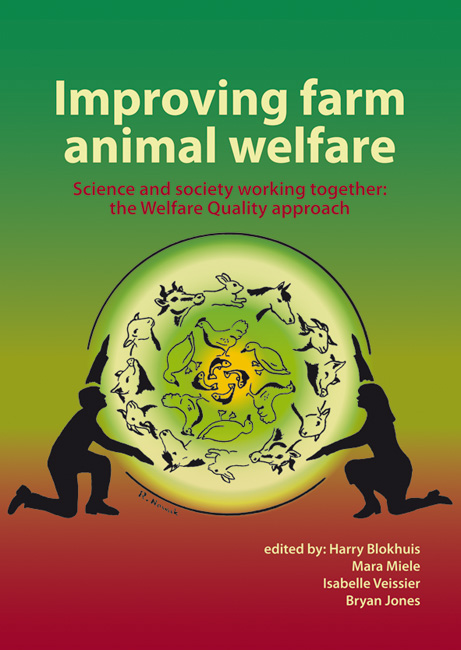CLCB82-0
LanguageENG
PublishYear2023
publishCompany
Wiley
EISBN
9781119837893
PISBN
9781119837886
edition
2nd edition
- Product Details
- Contents
Research Ethics for Scientists 2e details best practices in all the major areas of research management and practice that are common to scientific researchers, especially those in academia. Aimed at the younger scientist, it critically examines the key areas that continue to plague scientists, even relatively mature and honest scientists, who continually deal with those who choose to misbehave or those who unintentionally slip into misbehaviour. The book is arranged in functional themes and units that every scientist recognizes as crucial for sustained success in science: ideas, people, data, publications and funding. Research Ethics for Scientists 2e details best practices in all the major areas of research management and practice that are common to scientific researchers, especially those in academia. Aimed at the younger scientist, it critically examines the key areas that continue to plague scientists, even relatively mature and honest scientists, who continually deal with those who choose to misbehave or those who unintentionally slip into misbehaviour. The book is arranged in functional themes and units that every scientist recognizes as crucial for sustained success in science: ideas, people, data, publications and funding. Updated throughout with new case studies, this new edition will also address the following issues: Innovations in research misconduct: Sadly, over the past ten years, people have found new ways to cheat. For example, emerging entrepreneurial cheaters have found ways to buy and sell authorship on papers as well as skew the review process. Innovations to detect research misconduct and adjudicate: Text-similarity detecting software such as iThenticate is now routinely being used by journals, granting agencies and universities to reveal plagiarism. Image analysis is improving towards detecting data and image manipulation. New social movements and controversies: Interweaves important social issues including gender, race, and student training into appropriate contexts throughout the book. COVID-19 and related research: The COVID-19 pandemic revealed some weaknesses in science and publishing. The rush-to-publish as well as jostling for positioning and funds during the early days of the pandemic exposed certain vulnerabilities in research practices. Updated trends: Various trends include the strong push for universal open access publishing, bigger and bigger data, increased focus on research metrics, exploring models for peer review, and multiple employers and shadow labs for individual scientists.











